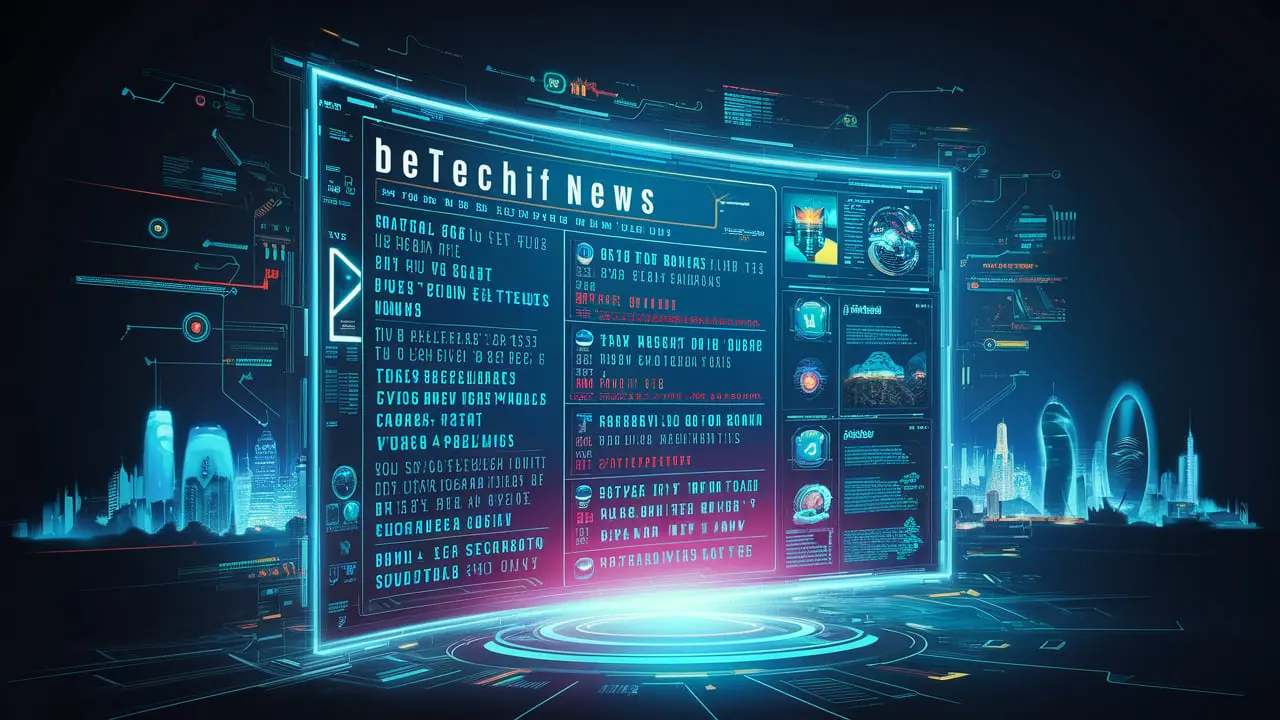Digital Idolatry: Understanding Ill-Effect of Technology on Its User

Table of Contents
Technological advancement is such that they become part of life in every society and gradually more than just a utility. ‘Digital Idolatry’ encapsulates the increasing inclination towards the overuse of these devices, social networks, the web, rather than engaging with real people & taking care of one’s mind and body. This condition is not simply confined to the use of devices but rather it has escalated to become an obsession which manifests further into other cultural and societal problems.
Patterns of Living Poisoned by Technology: to Whom is Digital Idolatry Behind the Screen
People ngengam I-Pad, Blackberies, laptops and so many gadgets around only speak of countries flooded with such devices memory. Today’s world is one in which constant communication is not only desired but rather encouraged. Social networks such as Facebook, Instagram and now Tiktok encourage users to engage and exchange as means of gratification through likes, share, comments in a a bid, unknowing to the users becomes addictive. There are all these advantages that technology offers such as information, being connected with everyone in the world, entertainment, but one shortcoming is, that it can distort one’s reality.
In this age, it is a common practice for people to professionally scroll social media’s newsfeeds, wait for and check their cellphones for messages and any other notifications, or upgrade their status to invite attention to themselves. This form of necessitated digitalism leads to disconnection from physical interaction, self other relationships as well as work productivity.Representing an extreme form of digital idolatry, nomophobia (the unreasonable fear of losing their mobile phone) and FOMO (Fear of Missing Out) cause distressing behavior and encourage people to remain on the net at all times whether they have a need for it or not.
The Psychological Impact Illustrative of the Withdrawing Complex
The psychological consequences of digital idolatry are rather alarming. It has been established that carrying out excessive exposure to tech. devices such as computers and phones, increases anxiety, depression, and feelings of emptiness and loneliness. Devices, or the content uploaded onto them facilitate this through advancing unattainable standards to do with beauty, success and a lifestyle – leading to inferiority complex. Self-perceptions are minimized through the tendency to compare one’s self with others and the satisfaction of others which can be a vicious cycle that lasts indefinitely.
Additionally, people’s desire to utilize social media leads to the “fear of missing out” (FOMO) where the social networks do not even allow for important activities due to the pressure to engage in social media leading to stress and serious issues with concentration on the task in hand. Overengagement in the use of the gadgets, so as to multitask leaves the mind drained and causes lack of sleep- and what follows is looking for ways of releasing the inner pressure that accumulates during the technology abuse.
Digital Idolatry and Relationships
Fifth, in regard to the one of the most disquieting facets of digital idolatry; the one concerning relationships is worthmentioning. While technology fosters communication even with various geographical barricades, it has in turn created these cages among individuals. A number of people give preference to developing their virtual selves rather than meeting people.With respect to family and friends as well as romantic partners, it can cause the emotional bonds to weaken
The sorry state is that people can be so obsessively busy with their phones such that someone’s phone is now considered more interesting than a person. This action may result into disorders and disengagement in relationships. Erosion of Physical Intimacy Digital Idolatry Inevitably leads to more erosion of physical intimacy, trust and open communication.
Standing Against Digital Idolatry
The first and foremost reason of combating digital idolatry is awareness. Once a person and be aware of and appreciate the fact regarding how much time and energy they spend on devices, it’s easier to consider the options.” ” Watch it” practices limit usage of devices such as these via ‘digital detoxing’ , imposing time limits on certain apps and even disabling reminders. It is important to go outside and meet people and do things in the real world that do not include a screen.
Mindfulness is another important lens on digital idolatry. By using it, and also looking at most of our habits with technology as well emotions that we tend to associate with it, we will avoid falling into “the way technology is used” patterns that are unhealthy.

Conclusion
Digital idolatry is a form of idolization that poses a risk to growing societal issues since it affects people such that they disconnect from the real world and pay attention to the digital world. While it is obvious that technology has some merits, it is crucial to emphasize respect and moderation, where one engages with technology in a certain proportion only. If we are careful with how we use the devices and the time spent on meaningful interactions in person rather than online, only then it will be possible to overcome the menace of digital idolatry, and enjoy a better quality of life.
FAQ’s
1, What does it mean to practice digital idolatry?
Digital idolatry is the excessive admiration as well as the excessive use of electronic gadgets, the internet, and social media and the neglect of what isencial, which are the person’s health, normal mind and relations to other people.
2, In what way does this concept affect the mental health of an individual?
Due to the constant social media comparing, social media interaction can cause physical problems and increase anxiety, depression, and feelings of solitude.
3, Do personal relationships suffer due to digital idolatry?
Yes. Emotional distance is created between people which leads to healthy interactions being modified and increased sedentary behaviors, such as phubbing.
4, Whom do you recommend turning to in order to avoid the effects of technological dependence?
There are a number of distance-control strategies, such as taking breaks from one’s phone, restricting access to technological devices, engaging in other leisure activities, or making efforts to avoid using the phone.
5, Could it be said that digital idolatry is simply another type of addiction?
Digital idolatry and addiction have many similarities, such as compulsiveness and dependence, however, it is much more cultural and social aspects of too much puter worship.







